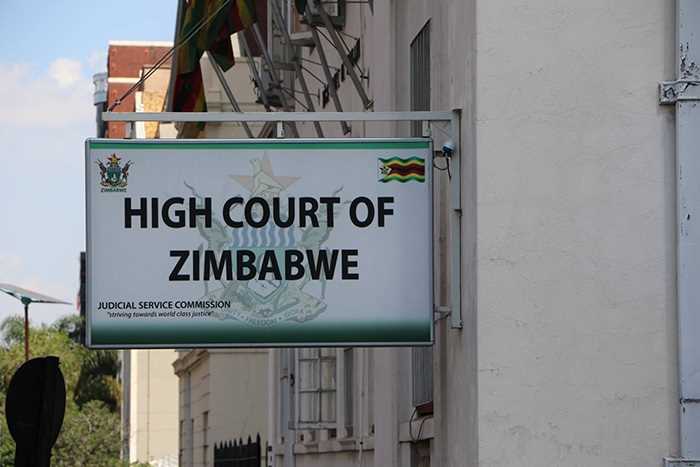
Nyashadzashe Ndoro
ZIM NOW REPORTER
The High Court has dismissed an urgent chamber application filed by Nobuhle Ncube, Sifiso Ngwenya, Silibaziso Ncube, Sehlule Ncube and Mandy Betoza Ceverton due to irregularities in the founding affidavit.
The five applicants, represented by Ezra Sibanda through a Special Power of Attorney, sought an order declaring a provisional order final, which interdicted Qoki Zindlovukazi Investments (Pvt) Ltd, Sethule Tshuma and the Registrar of Deeds from dealing with a piece of land in Bulawayo.
The land was allegedly purchased by the 1st respondent, Qoki Zindlovukazi Investments (Pvt) Ltd, using funds pooled together by the applicants and 25 others for a co-operative venture. However, the land was registered solely in the company’s name, prompting the applicants to approach the court.
Justice Evangelista Kabasa, however, raised concerns about the validity of the application due to the nature of the founding affidavit.
“While Ezra Sibanda has authority to act on behalf of the applicants by virtue of a Special Power of Attorney, the issue of where he gets the information he deposes to in the founding affidavit is important,” said Justice Kabasa.
Related Stories
The judge highlighted that the affidavit lacked information on how Sibanda obtained the details of the case.
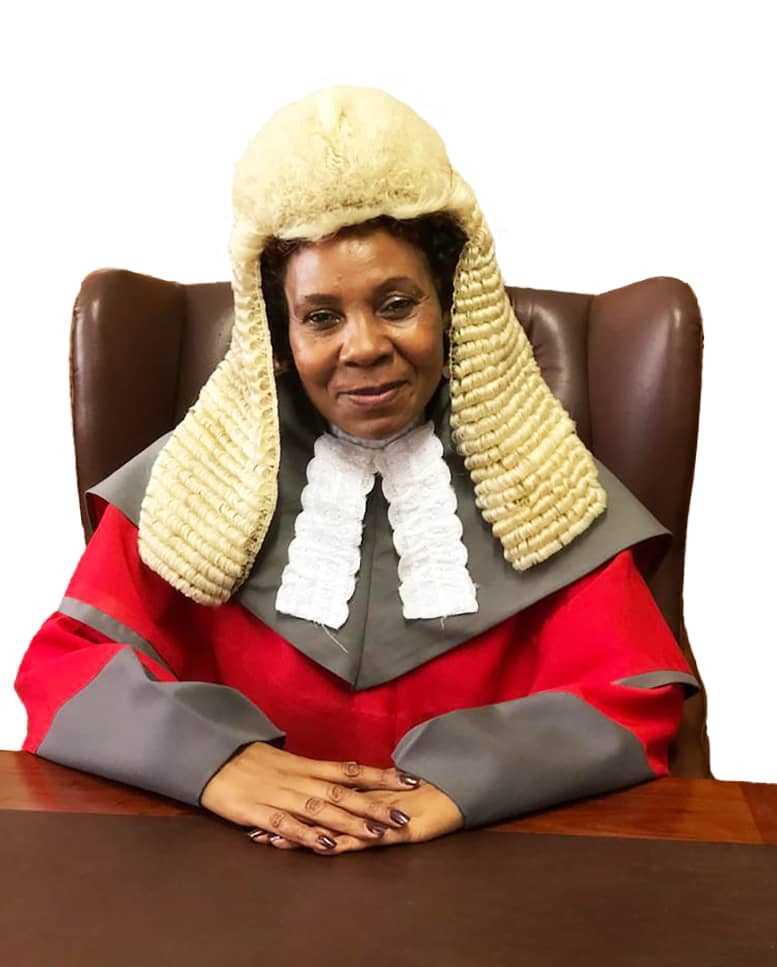
“Granted Ezra has a Special Power of Attorney unlike the Hiltunen v Hiltunen case (supra) where the deponent had a general power of attorney. I, however, am of the view that the issue of how the deponent comes to have or know the information he deposes to is important, especially where he does not identify himself with the cause of the applicants,” Justice Kabasa argued.
The judge made reference to previous rulings emphasising the need for transparency regarding the source of information in affidavits, particularly when hearsay evidence is involved.
“The applicants appeared before a Notary Public and gave the Special Power of Attorney to Ezra Sibanda. There is absolutely no explanation as to why the founding affidavit was not deposed to by one of them with direct knowledge of the information in Ezra’s founding affidavit,” the judge pointed out.
“The progression of the matter leading to the current application does not, in my considered view, justify the placing of evidence before me by Ezra whose source of information and belief therein is not disclosed,” he added.
Justice Kabasa consequently ruled that the irregularities in the affidavit rendered the application inadmissible.
“An application stands or falls with the founding affidavit. Unfortunately, this application fell with the court's rejection of the founding affidavit,” he concluded.
The judge, however, declined to impose punitive costs due to the nature of the case and ordered the application to be struck off the roll with costs.

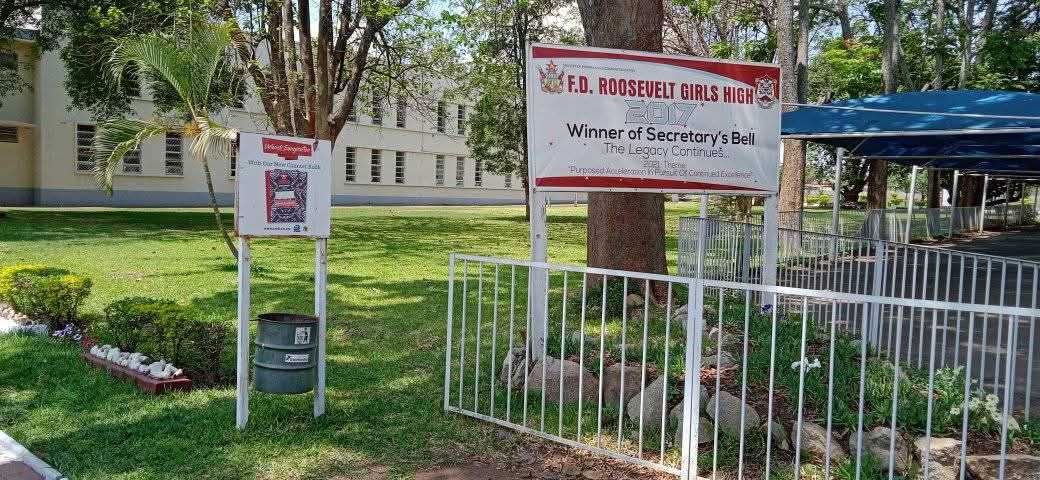








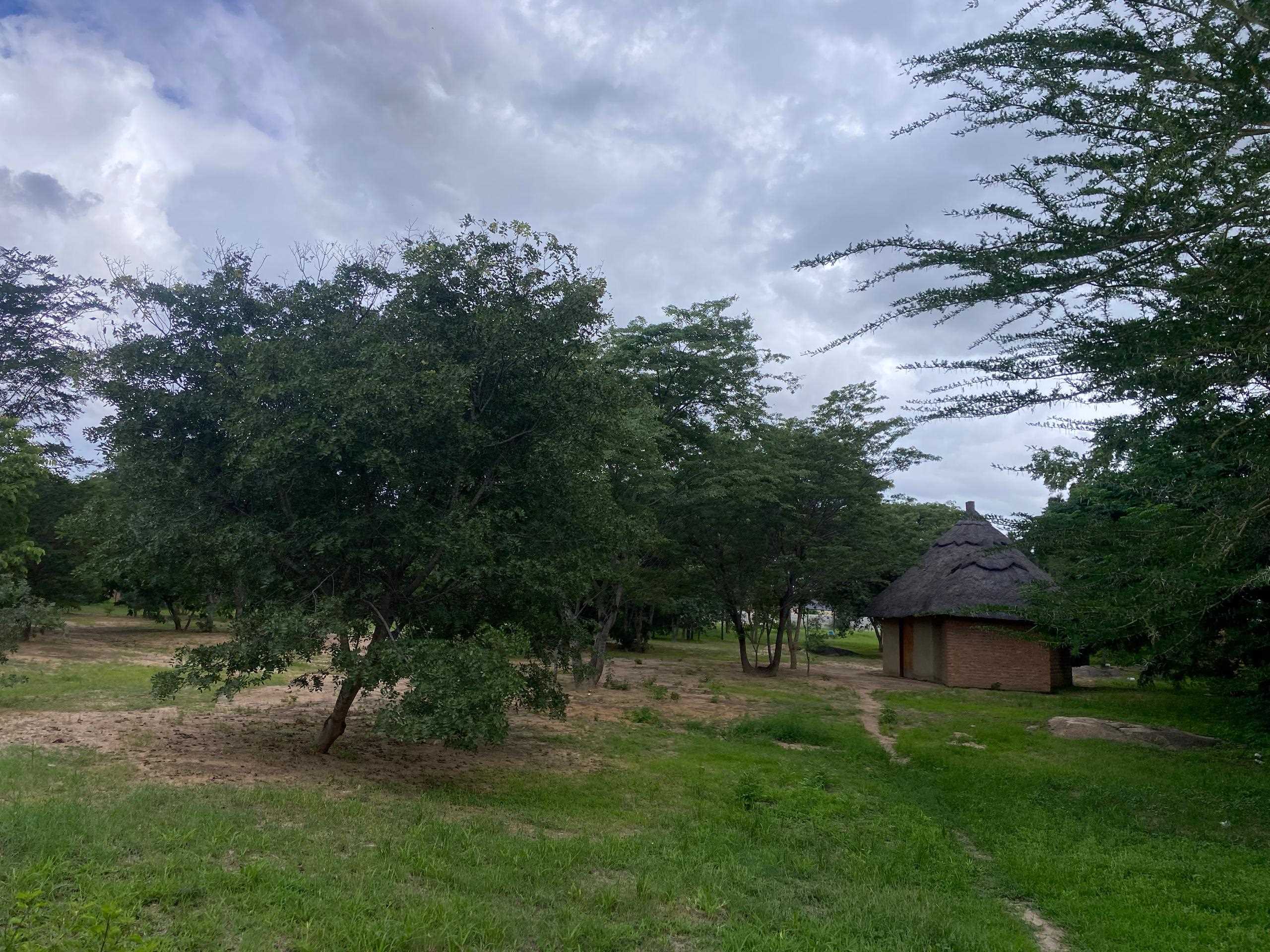



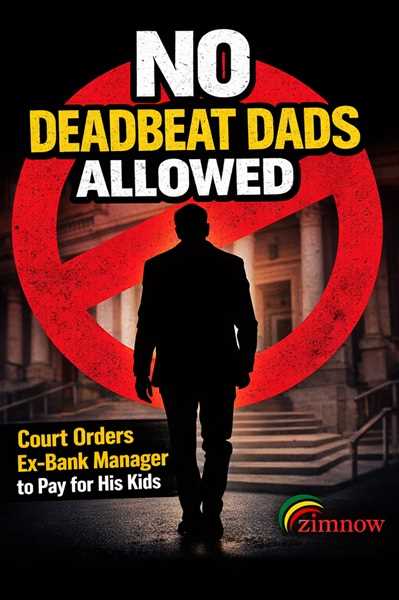

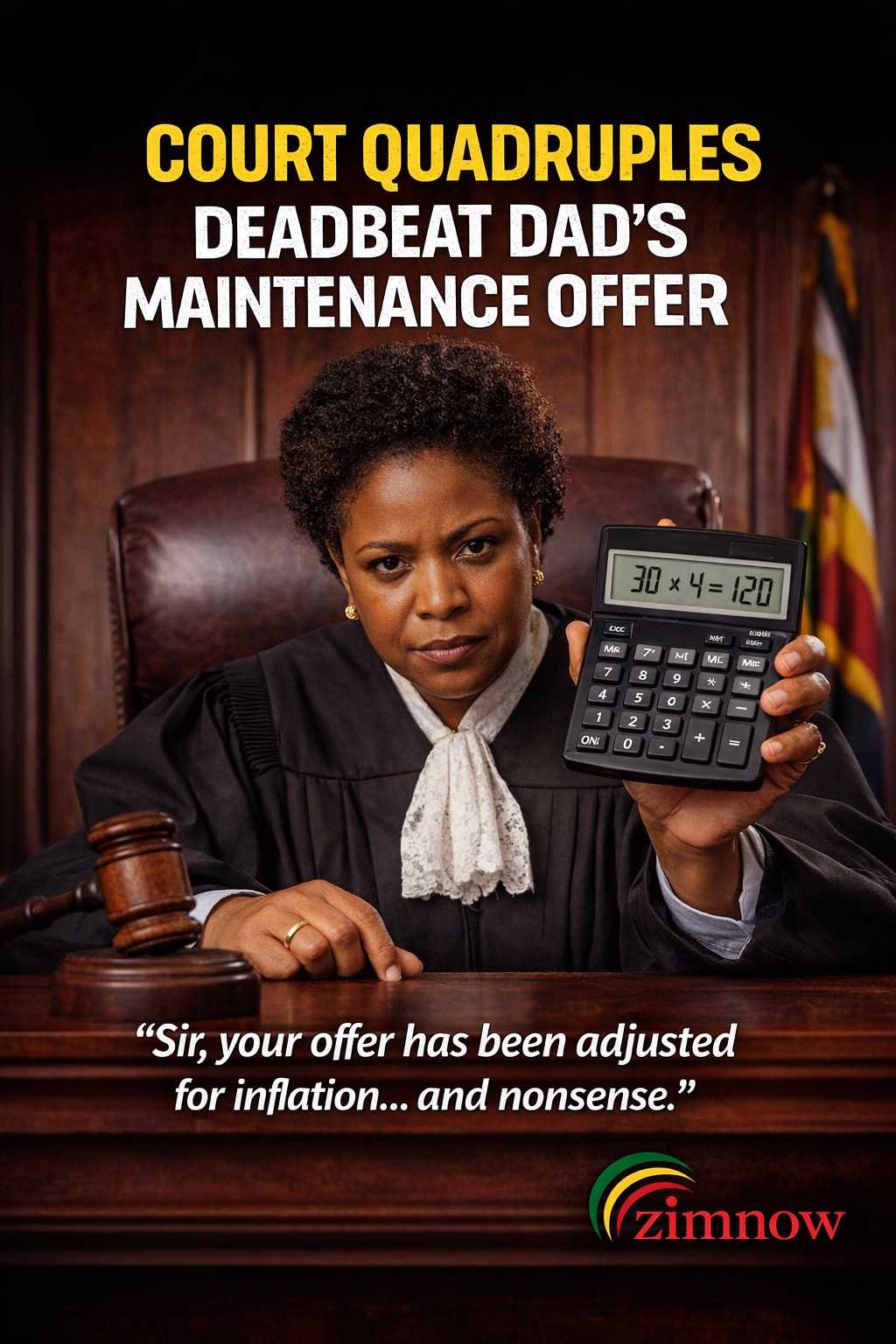


Leave Comments